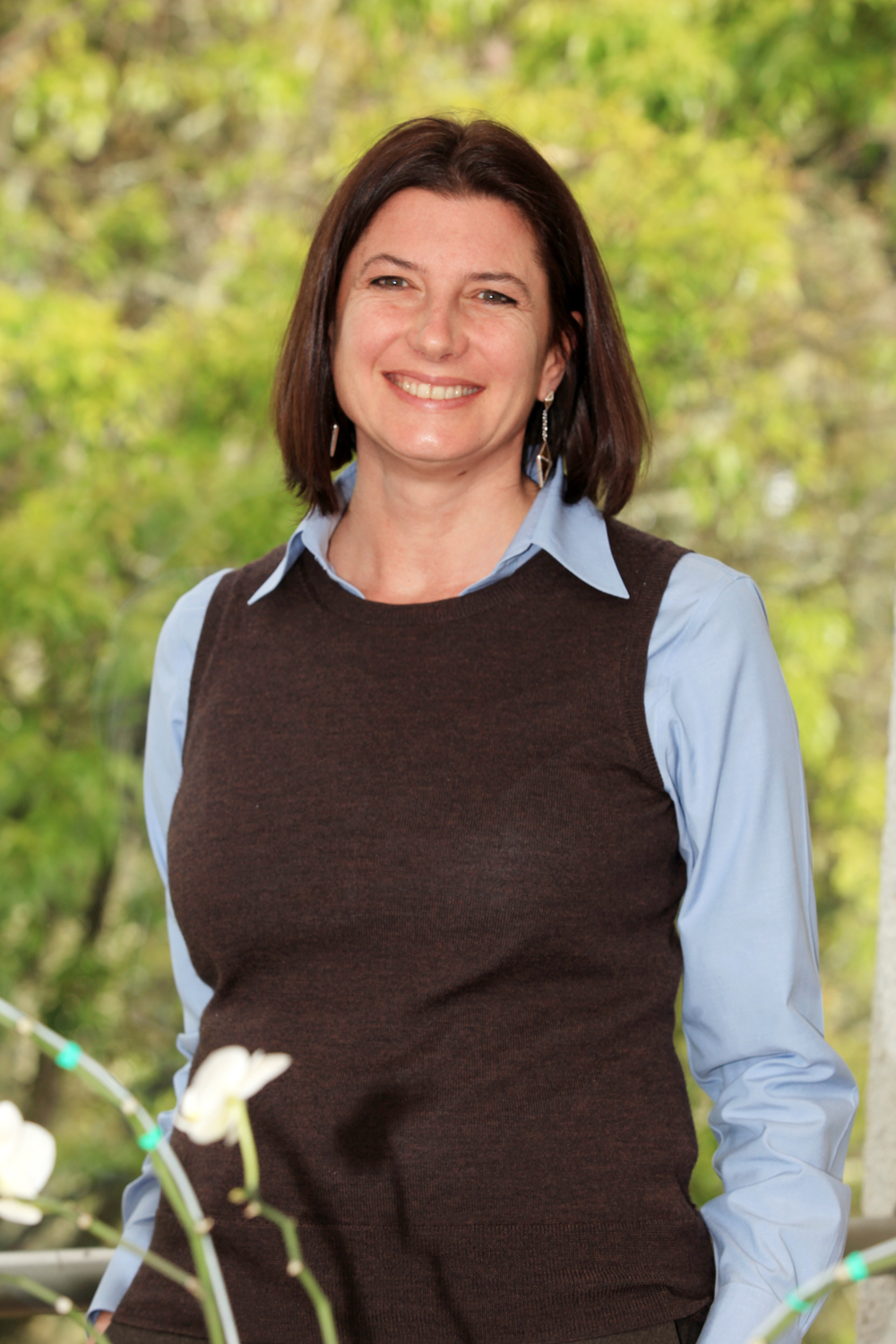Event Date
Abstract:
This paper examines how the legacies of conflict shape migration decisions after an ex-post negative income shock. In particular, we study whether the impact of conflict on social networks and market mechanisms hinders the risk-coping mechanisms of households. We use panel data for households in Colombia before and after migration, and detailed data on the governance structures imposed by non-state armed actors on the communities. Our findings show that an extreme weather event increases migration as a risk-coping strategy and this effect is higher in regions with stronger governance from non-state armed actors. We also find that strong governance of non-state armed actors limits social networks to close family and friends, and isolates households from markets. This pushes households to sell land and livestock, and migrate in order to cope with the negative income shock.
 Ana María Ibáñez
Ana María Ibáñez
Professor of Economics, Universidad de Los Andes
Dean and professor at the School of Economics of Universidad de los Andes. Economist from the same university, as well as Master’s and Doctorate in Agricultural and Resource Economics from the University of Maryland at College Park, United States. Her experience in academia has allowed her to conceptualize and have an objective and strategic approach to economic and social development.
